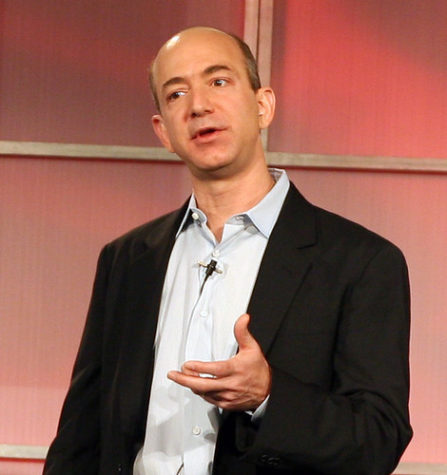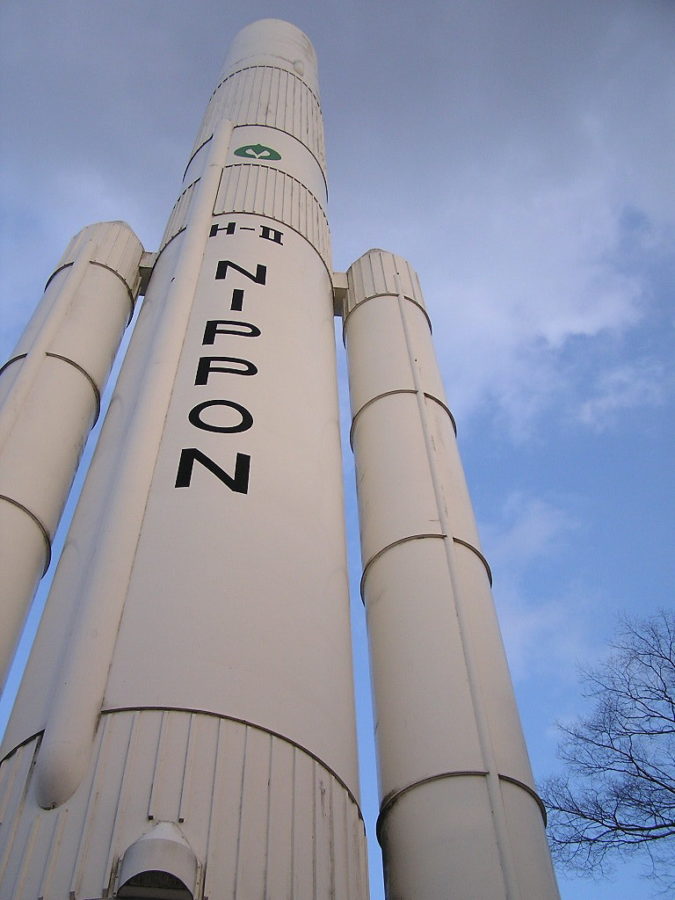The case for space
Billionaires should pursue modern space travel
Elon Musk’s SpaceX and Jeff Bezos’ BlueOrigin have blasted off the surface of our blue marble with goals that would’ve seemed impossible ten years ago: cheaper and publicly available space travel. Both men stand as symbols of a new era of space travel since the U.S. versus USSR space race ended more than 45 years ago.
When the argument “Should we be trying to explore space when Earth still needs saving,” comes up, plenty of debate ensues. The answer, yes, is actually more straightforward than you’d think. But why is it not only valuable and ethical but also important to cultivate advancements in space travel and discovery when there are so many pressing issues on Earth?

To start, take a moment to reflect: Do you have a phone with a camera in your pocket? How about AirPods? Ever used Google Maps to get somewhere? All of those technologies are a result of different technologies invented by the National Aeronautics and Space Administration (NASA) in their efforts to explore space.
According to the Jet Propulsion Laboratory, NASA invented active-pixel sensors, a technology incorporated in ⅓ of cell-phone camera technology today. Astronauts also needed a way to communicate without the worry of tangled wires, so NASA developed wireless headphones. As well, without NASA having developed and put GPS satellites into orbit, services like Google Maps would be impossible.
Further improvements in space travel would also allow for the biggest revolution in travel since the Wright Brothers first flight. An average 12 hour long-haul flight could be done in a fraction of the time, travelling at speeds in the miles per second. Considering how much beneficial technology has been invented, think of how much will be invented as a result of companies like SpaceX and BlueOrigin pushing scientific and technological boundaries. Better technology for humanity is a plus one for everyone.
Concerning the multi-millions of dollars filling the budgets of these space companies, improvements in reusable rocket technology has allowed NASA to spend less on contracting companies like SpaceX to send their supplies, satellites and people into space. I don’t bring up BlueOrigin because they are not currently capable of putting anything in orbit. This reduction of cost indirectly saves the taxpayer money, too, as NASA requires less money to accomplish their goals.
On the issue of sustainability, as of 2021 space travel is not viable for the future since it would have disastrous effects on our planet due to the carbon footprint left by rocket launches. It is a goal for SpaceX to make stellar travel zero-net carbon long-term, according to Elon Musk, through atmospheric carbon-capture methods for fuel. BlueOrigin seeks the same result through hydrogen-based fuel. If in the future stellar travel becomes more eco-friendly then regards of environmental impacts could be disregarded.
Additionally, another argument says that exploration of space completely disregards those who cannot afford to spend millions on space travel, and I whole-heartedly agree. But there’s a catch. The point of what SpaceX and BlueOrigin are doing today is to make space travel cheaper, sustainable and accessible in the future, according to both Musk and Bezos companies’ motives. If they need to charge millions to feel zero-g right now, so everyone can feel it later, then that’s okay in my eyes.
Even if what’s beyond Earth’s horizon doesn’t interest you, know that the smartest people on the planet are collectively working together to make and maintain space travel sustainable, ethical and closer than ever everyday because humanity wasn’t born not to be an interplanetary species.




